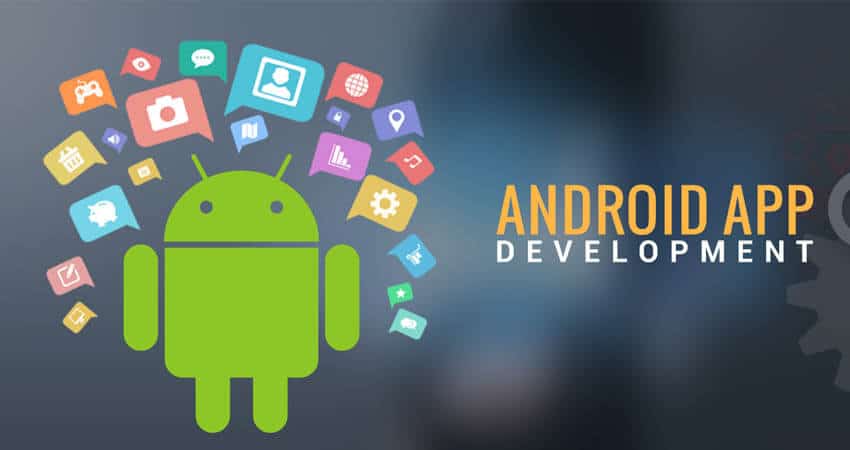Android has long spearheaded the maintenance and growth of connectivity and user experience. With such a domineering hold over an exponentially growing industry, Android is keen on pushing boundaries. Especially, considering the fact that it supports numerous devices, which makes it so popular among software development companies.
The Internet of Things (IoT) is where Android can bring its technology towards potentially greater heights. What benefits can this platform offer? In this article, we learn more about Android’s place within the IoT.
Relationship between Android and IoT
Android plays a key role in flourishing every four major components that comprise the ecosystem within the Internet of Things.
1. Sensors

Devices have sensors that can detect physical variables like temperature, fingerprint matches, and passwords. Android is an attractive option for hardware developers due to its open-source availability. The fact that it can be easily modified also makes it more popular among developers.
2. Data Transfer
Android allows the transferring of data from sensors in an IoT ecosystem. It supports Extensible Messaging and Presence Protocol (XMPP) and Message Queuing Telemetry Transport (MQTT); both of which are open-source implementations of data transfer methods. These libraries can also be used by non-Android systems such as Linux and Windows.
3. Physical Device
Any IoT device needs an OS to support the system components. Android devices can support various types of sensors; thus making this platform a preferable choice. For example, it ensures the industry standards and requirements for designing devices with efficient power consumption and portability. Another option is os for embedded systems.
4. Data Processing
The entire concept of IoT is moot without a device and app that is capable of receiving, storing, and processing data, which functions as a server. This can be in the form of an Android app.
More recent software updates to Android allow better data processing for IoT apps than previous iterations. These include firmware updates that optimize on-device processing time and upload to the cloud.
Benefits of Android to IoT
1. Open Source Paves the Way for Better Development
Android leads in software development because of its popularity which is driven primarily by device makers and programmers of varying capabilities. The open-source software allows more customization options for anyone with the necessary source code. This also means that preparing software updates can be more flexible and remain compatible with the connected physical device(s).

2. Creates Opportunities to Improve Future Versions
During the early stages of IoT implementation, extensive knowledge in networking and various protocols were required. But the lack of available resources made it difficult for implementation. Today, the proliferation of tutorials and knowledge bases have essentially removed learning barriers for just about everyone, including rookie developers. For Android, this creates a good opportunity to expand its community of users and developers in the IoT sphere.
3. Internet of Things and Java
Java continues to be the mainstay for most IoT devices. This is due to the presence and expansion of Integrated Development Environments (IDE) for Java language like Android Studio. The proliferation of Java-based software and mobile applications gives Android a bigger impetus to fuel the global IoT market. After all, using Android devices and apps is far more convenient than utilizing embedded Java solutions.
4. More Platforms for IoT Development
Platforms such as “Azure IoT”, “Kaa”, and “Oracle IoT” were built to provide software developers with countless opportunities for mass-production of Internet of Things-based gadgets. The open-source nature of these environments, notably Kaa, makes the programming more compatible, especially with Android. Such platforms pave the way for a smoother development of the integrated system used by multiple Android apps. Developers of various skills can then design and construct IoT devices with relative ease.
Final Thoughts
Android is engaged in every component of the Internet of Things (IoT). From device sensors to data transfer mechanisms, Android offers open-source alternatives for better app creation and management.
The proliferation of Android apps worldwide serves as a catalyst for better developer skills. And as the IoT expands, the benefits of Android integration with IoT devices expand along with it.













Leave a Reply